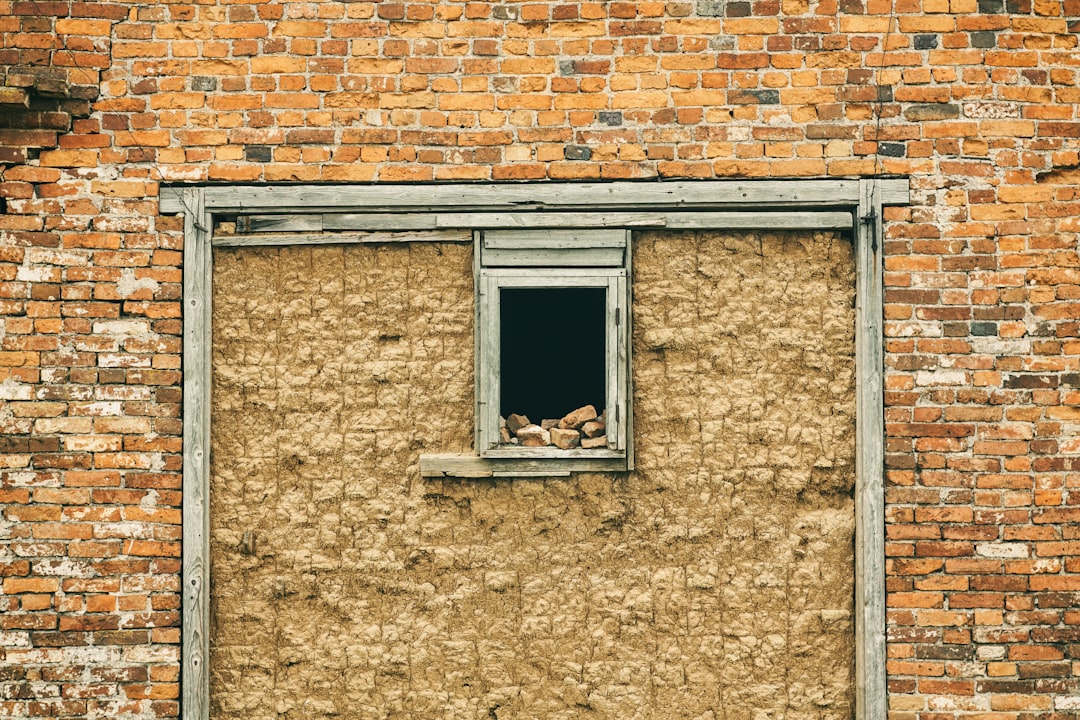CountBricks: Basement Windows Michigan Experts for Homes
Price source: Costs shown are derived from our proprietary U.S. construction cost database (updated continuously from contractor/bid/pricing inputs and normalization rules).
Eva Steinmetzer-Shaw
Head of Marketing
Professional Basement Window Installation in Michigan
In Michigan, where weather conditions can be extreme, upgrading your basement windows is crucial. With costs ranging from $350 for standard hopper inserts to $4,000 for full egress units, CountBricks provides transparent, real-time estimates tailored to your location. Our AI-powered system ensures accurate pricing and efficient installation, making your basement safer and more energy-efficient.
Why Upgrade Your Basement Windows?
- Enhance energy efficiency to reduce heating costs and control humidity.
- Ensure safety and code compliance with modern egress models.
- Improve air circulation to minimize mold risk and odors.
- Boost curb appeal and resale value by replacing outdated glass blocks.
Understanding Installation Costs
CountBricks offers a transparent quoting process, eliminating surprises. Our AI system provides an itemized estimate based on current material prices in Detroit, Grand Rapids, or Traverse City. Labor, disposal, and code-specific costs are included, ensuring you know the exact figure for your ZIP code.
Popular Basement Window Types
- Vinyl hopper: Budget-friendly and durable in wet climates.
- Sliding vinyl: Offers a wider opening for emergency exits.
- Casement egress: Meets Michigan Residential Code requirements.
- Composite or fiberglass: Ideal for high-wind lakefront properties.
- Acrylic block: Provides privacy while maximizing daylight.
Michigan Codes & Permitting
The 2015 Michigan Residential Code mandates at least one egress window in basement living spaces. CountBricks handles permits and inspections, ensuring compliance with all regulations.
Step-by-Step Installation Process
- Voice consultation to capture dimensions and project goals.
- AI-generated estimate provided during the call.
- Digital signature secures materials and labor dates.
- Installation crew removes old units and installs new frames.
- Sealing with low-expansion foam and waterproof membrane.
- Inspection and digital warranty issuance.
How CountBricks AI Estimating Works
Our AI system records measurements, references updated material databases, and considers labor productivity factors. This automation saves time and ensures precise quotes, allowing project managers to focus on craftsmanship.
Addressing Common Michigan Challenges
- High water tables: Includes exterior drain tile or interior channel systems.
- Crumbling foundations: Structural engineer review for bowing walls.
- Historic districts: Low-profile vinyl frames to match existing sightlines.
- Winter installs: Cold-weather sealants and heated work tents included.
Maintenance Tips
- Inspect caulking every spring to prevent micro-cracks.
- Keep window wells clear to avoid water and ice buildup.
- Test egress hardware biannually for smooth operation.
- Apply silicone spray to hinges before winter.
Transform Your Basement with CountBricks
Whether converting a basement into a rental suite or updating drafty frames, CountBricks offers data-driven service and expert craftsmanship. Visit CountBricks.com for more information.
Case Study: Ann Arbor Egress Upgrade
A family in Ann Arbor transformed their basement into a playroom and guest suite. During a quick consultation, our AI recommended a fiberglass casement window for high humidity. The total project cost was $2,945, including permits and trim, delivered instantly via email.
Installation Highlights
- Excavation revealed clay soil; a PVC drain line was installed without change orders.
- A heated tent ensured proper sealant curing in cold temperatures.
- Inspector approved the installation on the first visit.
Post-Project Results
The new window increased natural light by 64%, reducing lamp use. The home's resale value increased by $11,000, showcasing the ROI of CountBricks installations.
Pro Tips
- Include masonry irregularities when measuring for replacements.
- Schedule concrete cutting between April and November to avoid delays.
- Opt for insulated glass with Low-E coating to prevent condensation.
CountBricks continues to refine its AI, offering precise pricing and efficient builds. Check if your project qualifies for same-day estimates at CountBricks.com.

